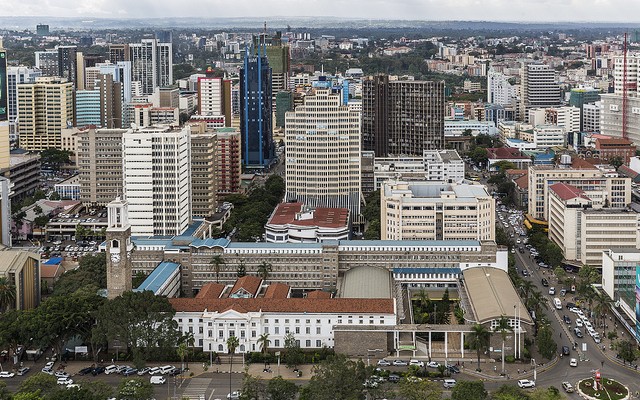Last year, gambling legislation was being considered in Kenya that would have changed the industry, but the bill was not passed into law. Instead, tax provisions that had been included in the measure were placed in a separate Finance Bill. At the time, a promise was made by the government that a new gambling bill would be introduced to tighten up the gaming industry.
In December, Jakoyo Midiwo, the Kenyan MP, decided to introduce a draft for new legislation titled Betting, Lotteries and Gaming (Amendment) Bill. This bill would include several changes to revamp the Kenyan gambling industry in a dramatic way. One such change requires all online gambling firms to be owned in full by Kenyan nationals.
The bill also includes imposing severe restrictions on marketing and the reintroduction of a tax on gambling winnings. This would be an additional tax on top of the one that took effect January 1, 2017, in regard to new operator taxes. Kenyans would be restricted to gambling at the age of 25 years or older and time limits as well as limits on the amount of money that can be spent will be set as well. Even how much the player could win would be controlled.
Additional information in the measure would ban telecom firms in Kenya from doing business with sports betting operators. Sports betting operators would have to create their own platforms for telecommunication.
Efforts have also been made in the gambling industry of Kenya to stop a gambling problem that the government believes is continuing to grow. The Kenya Review Authority recently sent a notice to importers and customs agents stating the government has placed a ban on gaming equipment, machines and devices being imported into the country. In a statement, it said that “any further importation of such gaming devices must have express clearance from the Ministry of Interior and Coordination of National Government”.
According to Interior Ministry officials, these efforts are just a portion of a bigger plan to stop the importation of Chinese gambling machines that continue to be seen on street corners. An example of this can be found in Eastlands where machines have been seen near shops in residential neighborhoods where even children are attracted to the gambling options.
A survey by Consumer Insight found that 7 out of 100 children in primary school have gambled. Chinese nationals tend to own the gambling machines and will lease out the games and then collect the money earned. The owner of the business where the machines are located will receive a percentage of the profits.
In a notice from December 2016, Interior Cabinet Secretary Joseph Nkaissery ordered county commissioners to tear down the gaming machines from shops and villages. The establishments were reportedly making a great deal of money and not paying taxes.


